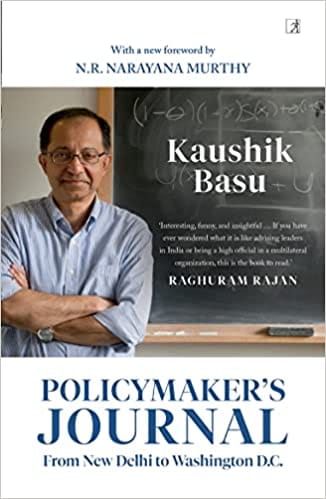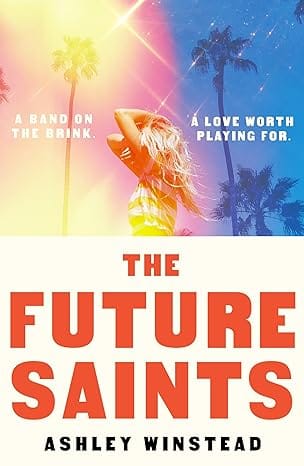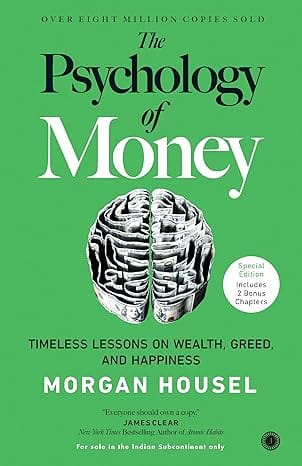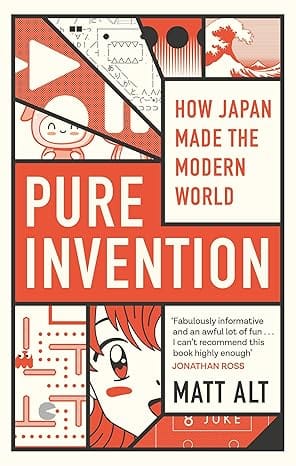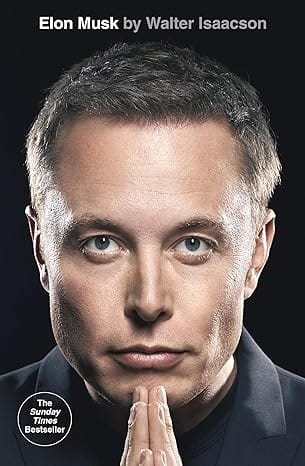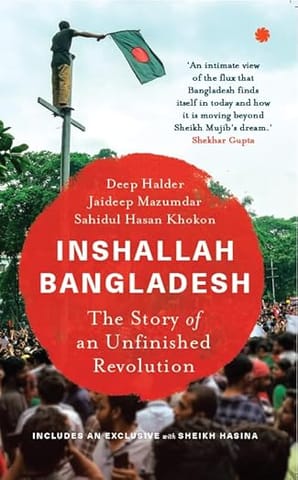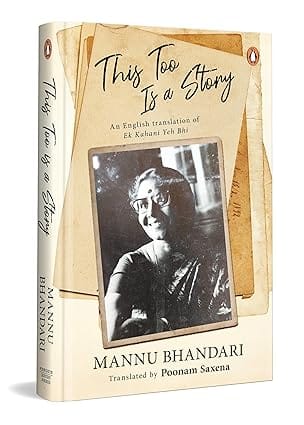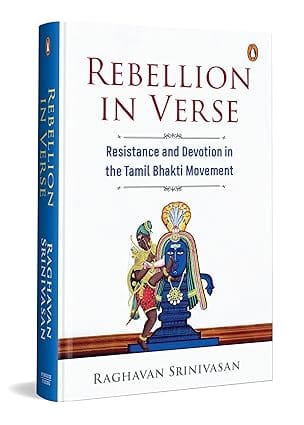WELCOME TO MIDLAND BOOK SHOP!
SHOP FOR
- Non-ficton
- Non-ficton
- Contemporary Fiction
- Contemporary Fiction
- Children
- Children
- Comics & Graphic Novels
- Comics & Graphic Novels
- Non-Fiction
- Non-Fiction
- Fiction
- Fiction
Shop No.20, Aurobindo Palace Market, Hauz Khas, Near Church +91 9818282497 | 011 26867121 110016 New Delhi IN
Midland The Book Shop ™
Shop No.20, Aurobindo Palace Market, Hauz Khas, Near Church +91 9818282497 | 011 26867121 New Delhi, IN
+919871604786 https://www.midlandbookshop.com/s/607fe93d7eafcac1f2c73ea4/69591829db7aed90e0608dfb/without-tag-line-480x480.png" [email protected]9789392099236 63319f62b40b5690dc5050a5 Policymakers Journal https://www.midlandbookshop.com/s/607fe93d7eafcac1f2c73ea4/63319f65b40b5690dc5051ea/41zolyofszl-_sx324_bo1-204-203-200_.jpg 9789392099236
The art of political speech is to say things that sound meaningful but are impossible to pin down. You hear such speech from master politicians in not just India but the United States, the United Kingdom, China (if we knew what they were saying) and just about everywhere ... Irreverent and hilarious, wise and introspective, Kaushik Basu’s journal records the course of his career over seven years, first in India as the chief economic adviser to the Indian Government and after that as the chief economist at the World Bank in Washington. Encounters with expected and unexpected world leaders and influencers—Manmohan Singh, Narendra Modi, Barack Obama, Sheikh Hasina, Deepika Padukone and many, many others—pepper and liven this charming page-turner of a journal. The Indian years were a period of high inflation, growth challenges (as the global financial crisis arrived in India) and also a remarkable growth recovery story, with India moving past China’s GDP growth rate. There were corruption scandals causing widespread street protests, plenty of late-night decision-making which one knew would rock the stock market the next day and getting to know politicians who were outstanding as statesmen in the midst of all this, as well as many who were not. The World Bank years ranged from interacting with officials in tiny, remote countries like Samoa, to gigantic nations with considerable heft, such as China. It entailed sitting down with leading researchers to compute and announce global numbers on extreme poverty and rankings on how easy it is to do business in different countries (fully aware that there would be calls from irate finance ministers as soon as these were published), and assisting quarreling nations to communicate amicably and coordinate on policy. Basu narrates these momentous periods in his diplomatic career with a rare lightheartedness which not only informs by giving the readers a ringside view of Indian bureaucracy, but also makes this book the most compelling and enjoyable book on policymaking to come out of India in years.
About the Author
Kaushik Basu is professor of Economics and Carl Marks Professor of International Studies at Cornell University. He is currently serving as president of the International Economic Association. A fellow of the Econometric Society, Basu has published widely in the areas of development economics, industrial organization, game theory and political economy. His books include The Republic of Beliefs: A New Approach to Law and Economics. Early in his career, Basu was a professor at the Delhi School of Economics, where in 1992 he founded the Centre for Development Economics and served as its first executive director.
in stockINR 399
1 1
Email ID already exists!
Your Current password is incorrect
Password Updated Successfully
Thanks for your Feedback
- Home
- Non-Fiction
- Policymakers Journal
Policymakers Journal
ISBN: 9789392099236
₹399
₹499 (20% OFF)SIZE GUIDE
Sold By: Hauz Khas - Aurobindo Market
Details
- ISBN: 9789392099236
- Author: Kaushik Basu
- Publisher: Simon And Schuster
- Pages: 544
- Format: Paperback
Book Description
The art of political speech is to say things that sound meaningful but are impossible to pin down. You hear such speech from master politicians in not just India but the United States, the United Kingdom, China (if we knew what they were saying) and just about everywhere ... Irreverent and hilarious, wise and introspective, Kaushik Basu’s journal records the course of his career over seven years, first in India as the chief economic adviser to the Indian Government and after that as the chief economist at the World Bank in Washington. Encounters with expected and unexpected world leaders and influencers—Manmohan Singh, Narendra Modi, Barack Obama, Sheikh Hasina, Deepika Padukone and many, many others—pepper and liven this charming page-turner of a journal. The Indian years were a period of high inflation, growth challenges (as the global financial crisis arrived in India) and also a remarkable growth recovery story, with India moving past China’s GDP growth rate. There were corruption scandals causing widespread street protests, plenty of late-night decision-making which one knew would rock the stock market the next day and getting to know politicians who were outstanding as statesmen in the midst of all this, as well as many who were not. The World Bank years ranged from interacting with officials in tiny, remote countries like Samoa, to gigantic nations with considerable heft, such as China. It entailed sitting down with leading researchers to compute and announce global numbers on extreme poverty and rankings on how easy it is to do business in different countries (fully aware that there would be calls from irate finance ministers as soon as these were published), and assisting quarreling nations to communicate amicably and coordinate on policy. Basu narrates these momentous periods in his diplomatic career with a rare lightheartedness which not only informs by giving the readers a ringside view of Indian bureaucracy, but also makes this book the most compelling and enjoyable book on policymaking to come out of India in years.
About the Author
Kaushik Basu is professor of Economics and Carl Marks Professor of International Studies at Cornell University. He is currently serving as president of the International Economic Association. A fellow of the Econometric Society, Basu has published widely in the areas of development economics, industrial organization, game theory and political economy. His books include The Republic of Beliefs: A New Approach to Law and Economics. Early in his career, Basu was a professor at the Delhi School of Economics, where in 1992 he founded the Centre for Development Economics and served as its first executive director.
User reviews
NEWSLETTER
Subscribe to get Email Updates!
Thanks for subscribing.
Your response has been recorded.

India's Iconic & Independent Book Store offering a vast selection of books across a variety of genres Since 1978.
"We Believe In The Power of Books" Our mission is to make books accessible to everyone, and to cultivate a culture of reading and learning. We strive to provide a wide range of books, from classic literature, sci-fi and fantasy, to graphic novels, biographies and self-help books, so that everyone can find something to read.
Whether you’re looking for your next great read, a gift for someone special, or just browsing, Midland is here to make your book-buying experience easy and enjoyable.
We are shipping pan India and across the world.
For Bulk Order / Corporate Gifting
 +91 9818282497 |
+91 9818282497 |  [email protected]
[email protected]
Click To Know More
QUICK LINKS
ADDRESS
Midland Book Shop - Hauz Khas
Shop No.20, Aurobindo Palace Market, Near Church, New Delhi
Shop No.20, Aurobindo Palace Market, Near Church, New Delhi

